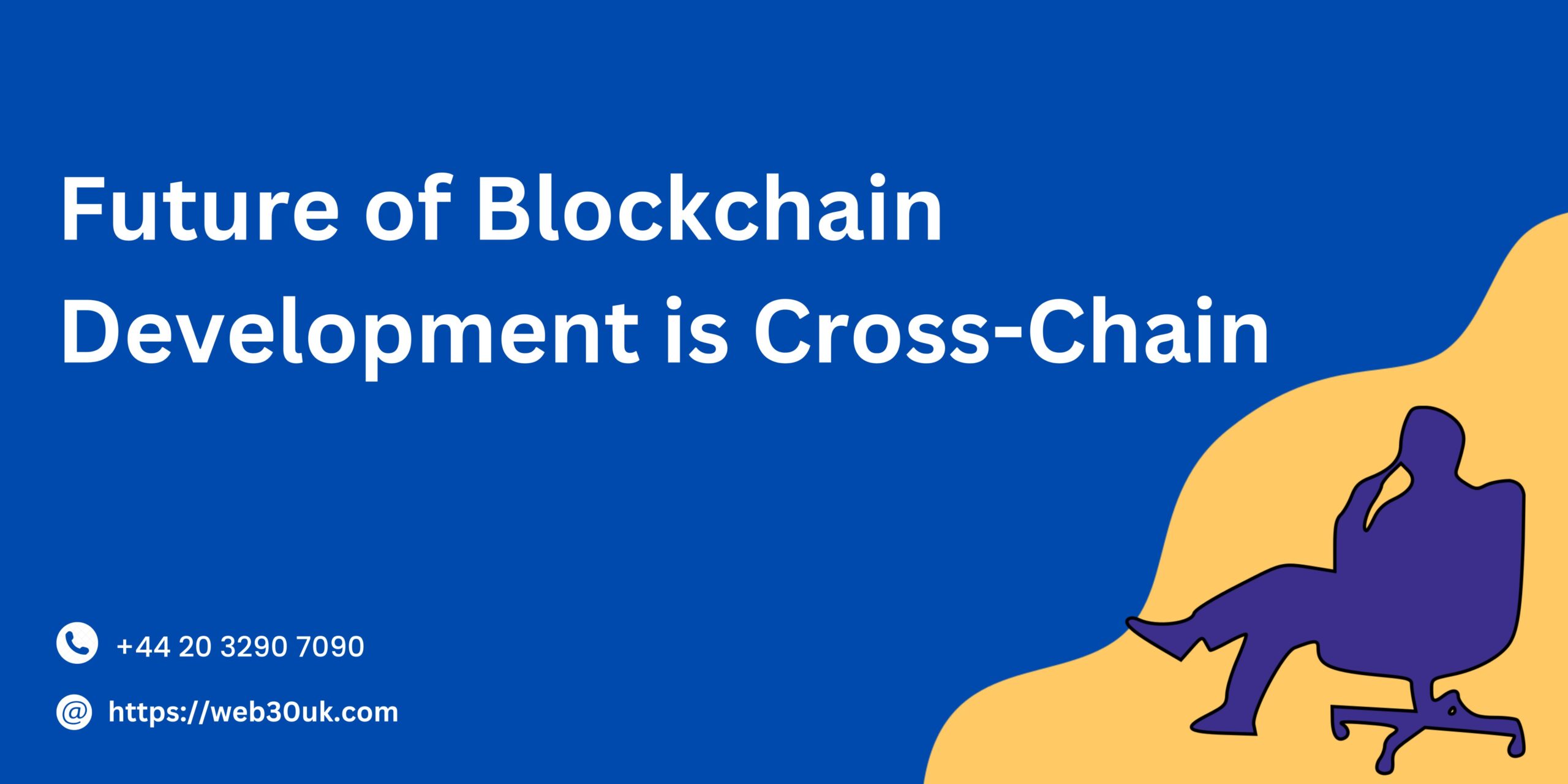In recent years, blockchain technology has emerged as a powerful tool with the potential to revolutionize various industries, including healthcare. The decentralized nature of blockchain, coupled with its immutability and transparency, makes it an ideal solution for enhancing data security and interoperability within the healthcare sector. This guide aims to explore the applications of Blockchain Technology in healthcare and shed light on the numerous benefits it offers to patients, healthcare providers, and other stakeholders in the industry.
Understanding Blockchain Technology
Before delving into the applications of blockchain technology in healthcare, it’s essential to have a clear understanding of what blockchain is and how it works. Blockchain is essentially a decentralized digital ledger that records and verifies transactions among numerous computers, or nodes. Each transaction is grouped into a block, which is then added to a chain of previous blocks, forming a chronological record of all transactions.
One of the key features of blockchain is its immutability. Once a transaction is recorded on the blockchain, it cannot be altered or tampered with, providing a high level of security and trust. Additionally, blockchain technology allows for the transparent sharing of information while maintaining data privacy, which is crucial in the healthcare industry.
Key Features of Blockchain Applications in Healthcare
#1. Secure and Interoperable Electronic Health Records (EHRs)
Electronic Health Records (EHRs) play a vital role in modern healthcare, as they contain comprehensive information about a patient’s medical history. However, the current healthcare system often faces challenges regarding the secure exchange and interoperability of EHRs between different providers and organizations. Blockchain technology can address these issues by providing a secure and decentralized platform for storing and sharing EHRs.
By leveraging blockchain, healthcare providers can ensure that patient data remains secure, as each transaction is cryptographically linked and recorded on the blockchain. Patients can grant access to their EHRs to authorized providers, enabling seamless and secure sharing of medical information. This enhanced interoperability can improve patient care coordination, reduce medical errors, and expedite diagnosis and treatment processes.
#2. Drug Traceability and Supply Chain Management
Patients’ safety and the entire public’s health are seriously endangered by counterfeit drugs.
Blockchain technology can be utilized to create a transparent and tamper-proof system for tracking drugs throughout the supply chain. Each drug transaction, from manufacturing to distribution, can be recorded on the blockchain, providing an immutable and auditable trail.
By scanning a drug’s unique blockchain identifier, patients and healthcare providers can verify its authenticity, ensuring they receive genuine medications. This application of blockchain can help prevent the circulation of counterfeit drugs and improve the overall integrity of the pharmaceutical supply chain.
READ ALSO: Advantages and Disadvantages of Web 3.0
#3. Clinical Trials and Research
Blockchain technology has the potential to transform the way clinical trials are conducted and research data is shared. Currently, the process of recruiting participants, collecting data, and ensuring its integrity can be time-consuming and prone to errors. By leveraging blockchain, researchers can streamline the recruitment process, securely store patient data, and ensure the accuracy and transparency of trial results.
Blockchain-based smart contracts can automate consent management, ensuring that participants’ privacy and data rights are protected. Additionally, blockchain can facilitate the secure sharing of anonymized research data among different organizations, enabling collaboration and accelerating medical advancements.
#4. Healthcare Data Exchange and Consent Management
The healthcare industry generates vast amounts of data from various sources, including hospitals, clinics, wearable devices, and telemedicine platforms. However, the lack of a standardized and secure system for exchanging and managing this data poses significant challenges. Blockchain technology can provide a solution by enabling secure data exchange and consent management.
By utilizing blockchain, patients can have greater control over their data and grant access to specific providers or researchers. Smart contracts can ensure that data is shared based on predefined conditions and consent requirements. This decentralized approach not only enhances data security but also empowers patients to actively participate in their healthcare decisions.
Conclusion
Blockchain technology holds immense potential to transform the healthcare industry by addressing critical challenges related to data security, interoperability, and patient privacy. By leveraging the decentralized nature of blockchain, healthcare providers can enhance the quality of care, improve patient outcomes, and drive innovation in medical research. As the adoption of blockchain continues to grow, it is crucial for healthcare organizations to explore and embrace its applications, ultimately benefiting patients and revolutionizing the healthcare landscape.










